Yangon—Six days before the general election, Myanmar’s military (Tatmadaw) issued two statements about the voting, with one of the statements warning the government that it must take responsibility for mistakes on the part of the Union Election Commission (UEC).
In an exclusive interview with Popular News Agency on Tuesday, Commander-in-Chief of Defense Services Senior General Min Aung Hlaing said the Tatmadaw is responsible for protecting the country and the Constitution. He also said it is difficult to achieve a stable democracy when there are violations in the election process. On Thursday, the military said their chief’s rank is equivalent to that of the vice-president of the country, according to basic principles established before the 2008 Constitution was formulated. However, state protocol ranks him at No. 8 after the Union chief justice.
Observers have expressed concerns over those statements and said the military has overstepped its authority by criticizing the UEC.
The Irrawaddy’s reporters Nyein Nyein, Nan Lwin Hnin Pwint, Zue Zue and Zin Lin Htet asked political observers for their reactions.
Dr. Myo Nyunt (Central Executive Committee member, National League for Democracy)
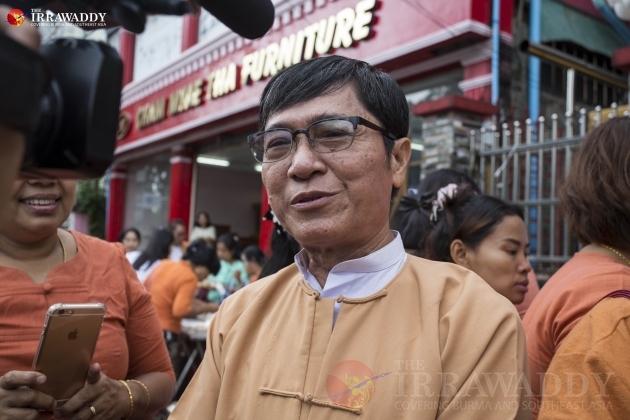
Seizing power is an unlawful act, though [the military] can do it anytime. I’d rather not say whether the military’s statements refer to a coup. If they respect the law and really value the people, they should accept anything that is done in line with the law. As they have issued statements, we know their stance now. I don’t want to comment further on their statements.
The UEC has had its share of shortcomings but not to the extent that the election can’t be free and fair. Those faults can be fixed, and we find that they are in fact trying to fix them.
We want the best in both the election and the post-election period. We want a good transition while ensuring stability and not harming the dignity of any institution.
Sai Leik (spokesman, Shan Nationalities League for Democracy)
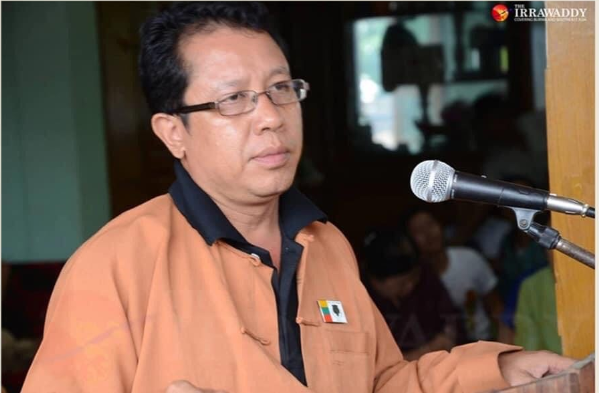
I view it as a hint that the Tatmadaw would respond [with force] if the election results turn out to be different from what they expect. It will be okay for the military if one of its proxy parties can form a coalition government with its allies. But if there is an opposite result, the Tatmadaw may do things that are undesirable.
It’s a mistake for the Tatmadaw to think that it owns the Constitution. The Constitution says the sovereignty of the country comes from the people. Only the sovereign people own the Constitution, and only the people have the full responsibility to design, amend and protect the Constitution.
Because the Tatmadaw is an institution born out of the people, it has a certain degree of responsibility. But we can’t accept the notion that it has full responsibility, though it plays a crucial role.
Anyway, we have experienced three coups, in 1958, 1962 and 1988. Because of those coups, our civil war still drags on, peace can’t yet be built, national unity has been shattered and the country is seriously lacking in development. It would be a betrayal of the future to consider staging a coup again. It should not be done.
Daw Aye Nu Sein (spokeswoman, Arakan National Party)
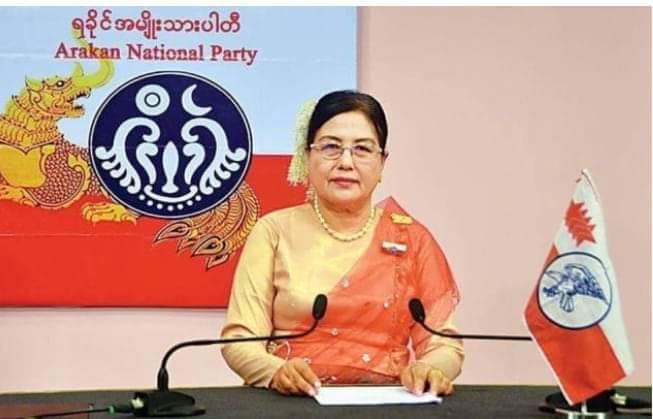
Overall, the military’s criticisms against the UEC are justified. The UEC should be accountable to the government for its activities regarding the 2020 election.
But in looking at both statements, the Tatmadaw apparently wanted to highlight its own self-importance, saying what it had done to introduce democracy and comparing the performance of the UEC under the previous government to its performance under the current government. This is not a good trend for our country.
I would read the statements as a threat to politics, an effort intended to show people how powerful they [the military] are.
Daw Dwe Bu (vice chairwoman, Kachin State People’s Party)
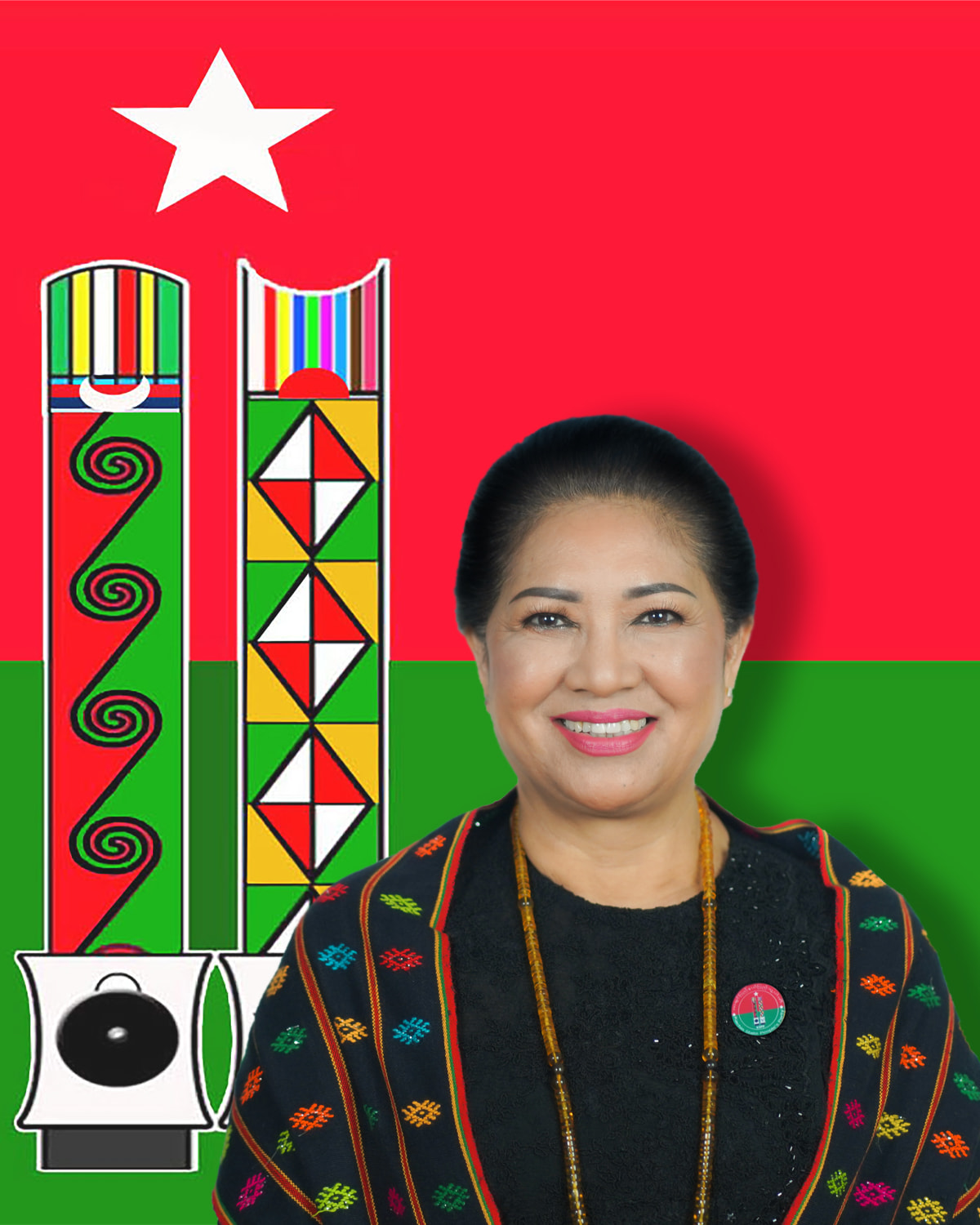
Coups were staged in the single-party era and under military rule. But in a democratic era, you can’t stage a coup recklessly without the will of the people. If someone breaks the law, he or she will be held accountable. If [the UEC] fails to make sure the election is fair, it must take responsibility for that failure.
It is unacceptable to seize power citing the faults of others. Everyone, whether they like it or not, must respect and follow the existing Constitution.
Daw Hnin Hnin Hmwe (Botatung Township candidate for Lower House, Democratic Party for a New Society)
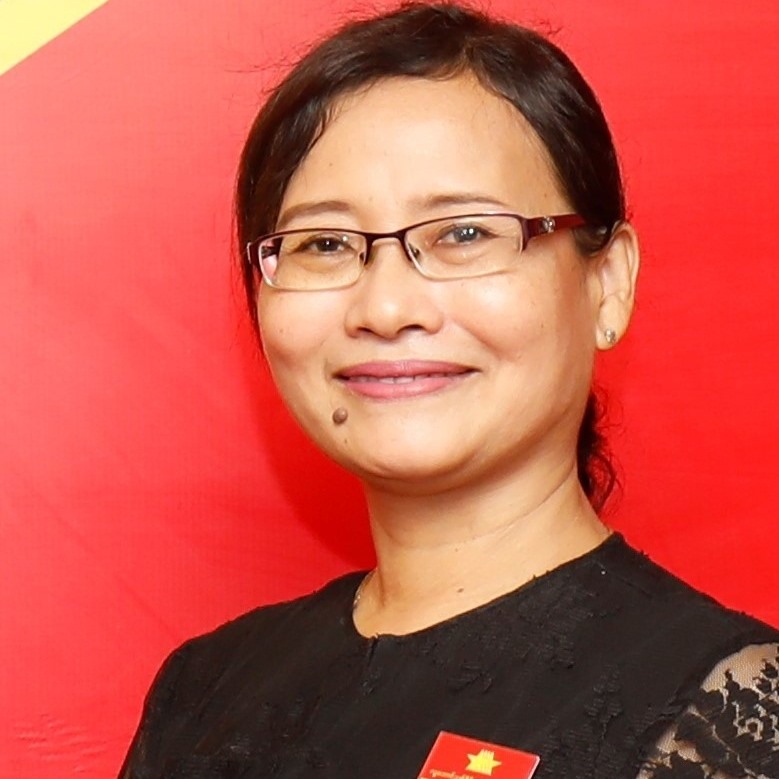
Yes, it is true that the credibility of the UEC is in question. But I don’t think the Tatmadaw needs to be talking about it. The situation is getting complicated.
Whether the commission can organize a free and fair election is the UEC’s job, and the role of the military is to defend the country. The military must be under the government.
The military has no reason to perform the duties of the government. If the military played a role in organizing the election, it would be a more biased process, I assume. Because it is not its business, the Tatmadaw should steer clear of politics and focus on defense, which is its primary duty.
U Kyee Myint (lawyer)
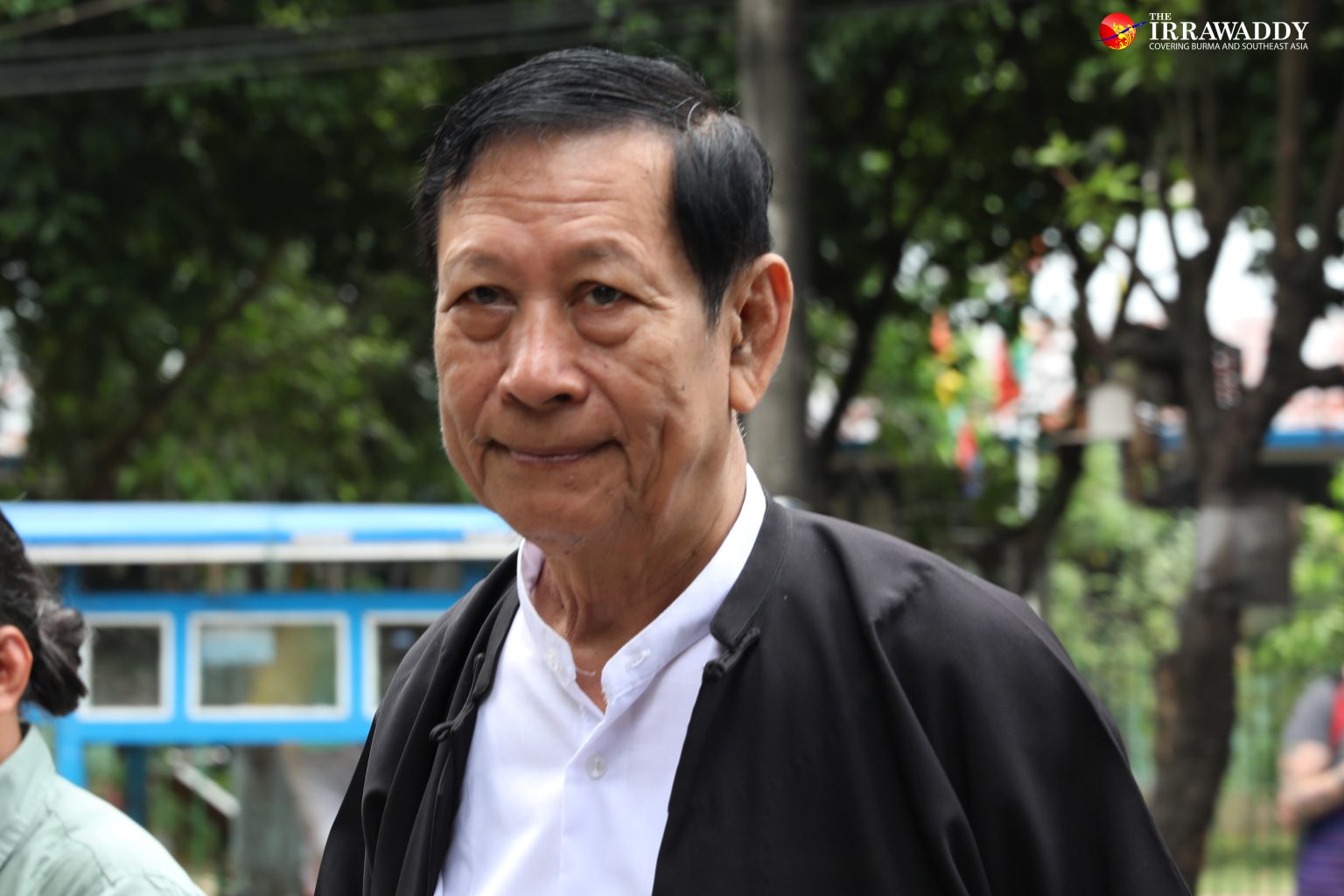
They are not authorized to speak as if they were above the government. They are an institution that must be under the government. If a civil servant criticizes the government, then according to the code of conduct for civil servants, he is disobedient. This is not acceptable for a civil servant.
The statements can be read as a threat to seize power. But they won’t. International conditions do not allow it. And the 2008 Constitution already grants sizable power to the military so that they don’t need to stage a coup. I don’t think they will stage a coup again.
Sai Pao Nup (chairman, Wa National Party)
The commander-in-chief of defense services is the head of all armed organizations. He has authority over military issues according to the Constitution. But the Constitution does not say clearly if his rank is equal to vice-president.
The commander-in-chief of defense services is the head of the Tatmadaw [Myanmar’s military]. So, what we understand is that he has command over his military personnel. The Constitution does not say he has the authority of the president. I don’t think there is any need to discuss whether the military chief was meant to have presidential authority when the Constitution was designed.
U Thein Than Oo (lawyer)
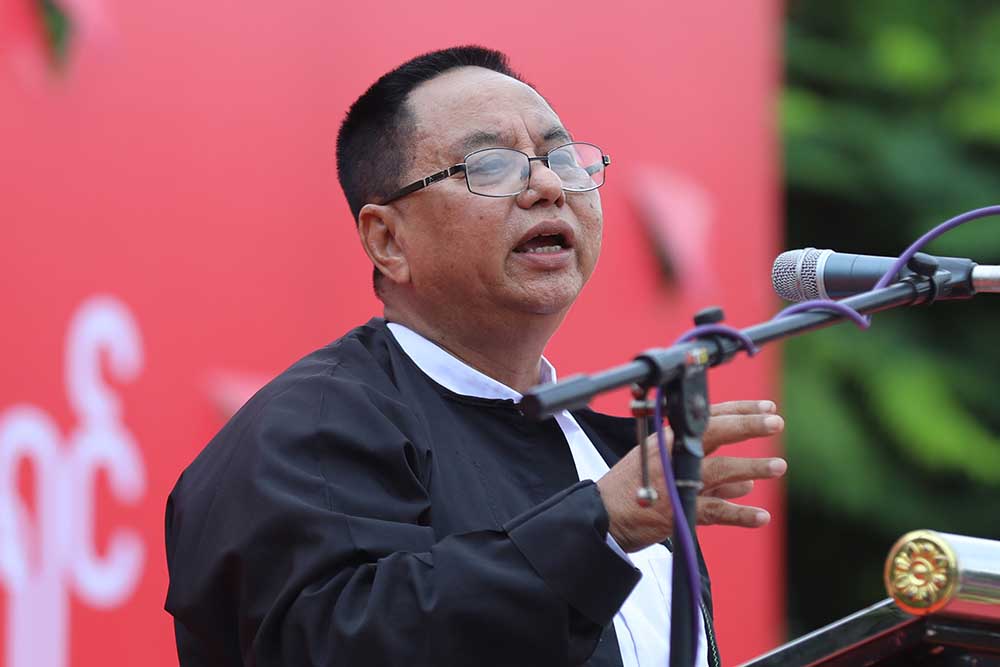
The Constitution does not say [the military chief] has the same rank as the vice-president. He can’t refer to the basic principles that were adopted before the Constitution emerged. So, the Constitution must be final, and it can’t be overstepped. He can’t claim to be the vice-president based on the basic principles that were designed before the 2008 Constitution was formulated.
Translated from Burmese by Thet Ko Ko
You may also like these stories:
Amid Tense Relations, Myanmar Military Warns President of Impeachment
Over-60s Vote Early in Large Numbers Ahead of Myanmar’s Election
Myanmar Offers Struggling Families COVID-19 Cash














